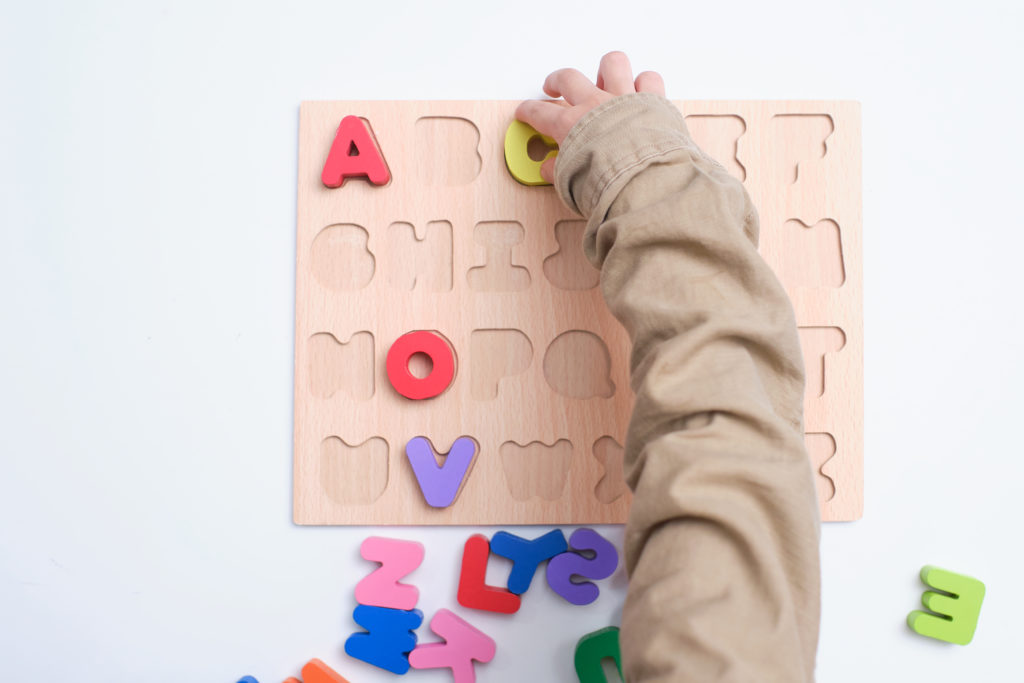Parenting Tips
Setting boundaries is better than trying to prevent children from making mistakes

Written by: Peggy Ho Pui Yee, Founder and Volunteer Executive Director of Good Love Passion
Being overly critical is the most common mistake parents make in disciplining their children. The phrase “love deeply, scold severely” reflects the emotions of most parents. Parents often fear that their children will develop any undesirable behavior during their growth, which may have lifelong consequences. Therefore, when disciplining their children, parents often resort to meticulous criticism as a way to remind them. In reality, making mistakes is an essential part of a child’s growth process. As children constantly change and grow, parents need to adapt to their developmental needs and adjust their approach to dealing with their behavior, even changing the way they interact with them.
For example, when a child fails to complete their homework on time, parents should calmly handle this common occurrence, as it is an opportunity for the child to improve and grow. Similarly, when a child talks back, it may indicate their emerging independence and critical thinking skills. It doesn’t necessarily mean they lack respect for their parents. As children grow older, they develop their own thoughts, opinions, and perspectives on various aspects of life. They also desire parental acknowledgment. As parents, we may not agree with these behaviors, but even in disagreement, we can understand the underlying needs of our children. This allows us to communicate more effectively with them and utilize appropriate disciplinary methods.
“While knowledge can change destiny, attitude determines everything!” Explosive anger and harsh accusations from parents are ineffective in discipline and serve no purpose. When parents understand how to gently and firmly assist their children and incorporate respect into daily life, children will develop a better understanding of rules and boundaries. Consequently, they will exercise more self-control and establish their own standards for behavior. With these standards in place, they will naturally become more independent, responsible individuals. Therefore, parents should establish boundaries in their children’s daily lives during their early childhood stages.

Since the age of one and a half, my daughter understood that writing is done on paper. Therefore, even at the age of 3, she has never stuck a sticker on the pristine walls of our home. She knows her boundaries and understands that a responsible child should keep the house clean. It is her responsibility. Parents establish guidelines for children to follow before discussing whether they are obedient or not.
When setting boundaries for younger children, it is important to be clear and specific. For example, you can say to a toddler, “If you can’t do it, it means you’re not behaving.” However, for young children, the term “not behaving” is vague and difficult for them to grasp. In addition, when setting boundaries, it is necessary to establish the consequences of not complying. It is important to emphasize that these consequences are “results” and not “punishments.” Consequences are simply the natural outcome of an agreement between both parties, operating under natural laws, and they are distinct from punishments. For example, after playing, if a child is expected to clean up their toys, they can continue playing next time only if they tidy up. However, if they don’t clean up, according to the previous agreement, their toys will be confiscated for two or three days.
At this point, parents must make it clear to the child that this is the natural consequence of not fulfilling the agreement, not a punishment. Another example is when parents discuss with their child the time limit for watching TV or using electronic devices and set specific time boundaries. Similarly, if the child exceeds the designated time and doesn’t turn off the device, according to the previous agreement, they won’t be allowed to watch or use it for the next three days. When setting boundaries, parents need to ensure they are reasonable. Otherwise, it would be unfair to the child, making them more likely to cross the boundaries and become disobedient in the future.

While parents have the responsibility to teach children proper behavior, if the methods used are too impatient and harsh, lacking an understanding of the child’s growth process, it may lead to negative effects. Therefore, we should provide children with experiences of taking initiative to change for the better, engage in serious discussions, rather than resorting to severe punishments. Approaching the situation with a calm and composed demeanor can assist children in transforming their mistakes into opportunities for growth. Just like how children inevitably fall while learning to walk, we encourage them to pick themselves up and take another step forward.
When faced with a child’s misconduct, it is important to consider how to handle the situation in a way that fosters their ability to change. People generally do not intentionally make mistakes; the reason for making mistakes is often due to a lack of awareness. Making mistakes is not inherently frightening for children; what is truly concerning is making mistakes without understanding where they went wrong or how to correct them. If parents can approach their child’s mistakes with the right mindset and guide them towards making corrections using appropriate methods, these mistakes can become opportunities for reflection and progress. It also enhances the chance for communication between parents and children. Let us transform our children’s mistakes into beautiful errors.


































